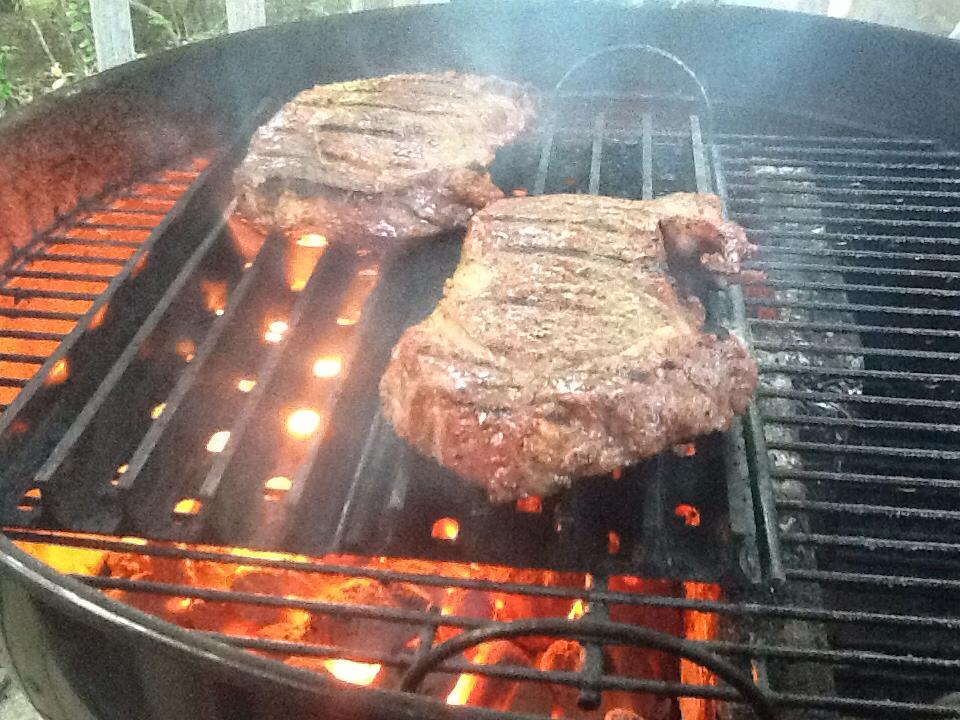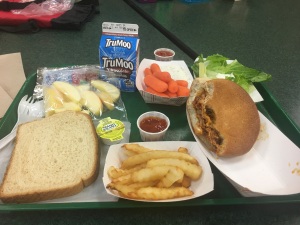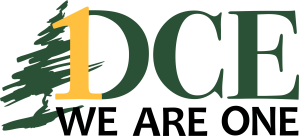One of my favorite singer/songwriters asks the question, “When was the last time, yeah, you did something for the first time?” in his song “For The First Time.”
That question has rolled around my head as I actually got ready to try something for the first time (again).
This week I made a major change in my approach to BBQing. After years of smoking food with my 55 gallon drum smokers (UDSs), I decided I could not longer find enjoyment in hugging my barrel every time I needed to dump it and clean it out.
It took me nearly eight years to perfect cooking food on my drum pits, and I still decided to make a change to a smoker/grill I could hang on to for a long time.
Of course, this means having to unlearn some techniques I learned along the way while diving into learning how to use my new cooker.
My new smoker is a Grilla Grills Silverbac, made by a company in Holland, MI that understands the difficulties of using a smoker in the winter in the northern midwest. Besides the heavy-duty steel construction and thermal metal jacket (double walls), this smoker uses pellets as fuel.
For people who poo-poo that and say, “But Jeff, what about wood?” I can assure you that for the first time – with the exception of over a camp fire – the fuel used in my cooker consists of 100% wood.
That new fuel and the different operation of the cooker, itself, provides the new learning curve. And I can tell you I feel more than ready for this new learning. Rather than approach this new challenge with fear or anxiety, I will embrace it. Why?
Because I am a lifelong learner. My dream job would be one where I got paid just to go to school. Since nobody is offering those jobs, I will settle for constantly learning, unlearning, and learning again. That same curiosity applies outside of my professional life.
My non-educator friends will benefit from this sidebar about learning and unlearning because this is a crucial skill in our ever-changing world. If you don’t want to read about it, skip this post and wait for the next one where I should actually roll out a recipe.
Earlier this month, George Couros shared this tweet linked to an article written by AJ Juliani:
As Juliani notes in his post, “When we learn something new, we often have a pretty picture in our head of what it will look like.” He goes on to note that “Learning can be exciting and exhilarating but it can also be embarrassing.” This fear of embarrassment got me thinking about our students.
Despite a teacher’s best laid plans, detailed preparation, and charismatic delivery, how many of our students don’t give everything they could to learn something new because they fear embarrassment?
Before you say, “But that’s what school is for,” I want you to think about adults you know. How many of them refuse to take risks or try something new because they are afraid they will feel embarrassed? I have friends who won’t leave unfulfilling jobs because they don’t want to feel like they don’t know anything in an interview. I have friends who won’t try to learn something new and will actually run away to avoid having to attempt that new learning.
If this is true of adults, we should recognize that our students, who often feel anxious, insecure, embarrassed – and even a little afraid – might shy away from learning a new concept in Algebra II or Chemistry. And how many teacher who may love physics or math or another subject have forgotten how much they didn’t want to learn in a subject where they saw potential embarrassment?
In his post, Juliani goes on to talk about a specific learning experience (learning to play guitar) and he walks through his “learning cycle” explaining how learning in isolation can prove so difficult. We need “teachers, mentors, and guides” for learning to happen. Go ahead and give the article a read – even if you are a non-educator – because I think you may see bits of yourself in post.
One element I would add is that I believe you have to truly want to learn something to get past the abstract conceptualism Juliani discusses. I, too, wanted to learn to play the guitar. I grew up surrounded by music. My dad had albums by so many great drummers and singers.
My friend group in high school and I grew up in the 80s wanting to be like Billy Idol, Journey, Supertramp, Triumph, Van Halen, etc. And around the age of 40, I bought a Martin guitar and took a few lessons, and bought a lot of books, and watch a lot of videos, and never learned to play the guitar. I still get a lot of grief about that guitar – deservedly so – because I passed up buying a boat to get that guitar.
At first I believe like Juliani that I was bad at playing guitar and would never get any better. In reality, I didn’t really want to learn how to play guitar – I just thought I did. My mom knew this because of failed attempts at piano, organ, and coronet. I loved music; I just really didn’t want to learn how to make music.
Once you do find something that you really want to learn, that is where teachers, mentors, and guides play such a vital role. In my next post, I’ll reflect on Juliani’s thinking some more, trying to focus on why unlearning and learning depends on those teachers, mentors, and guides for success.
Reflection: Sing it with me…”When was the last time, yeah, you did something for the first time?”











